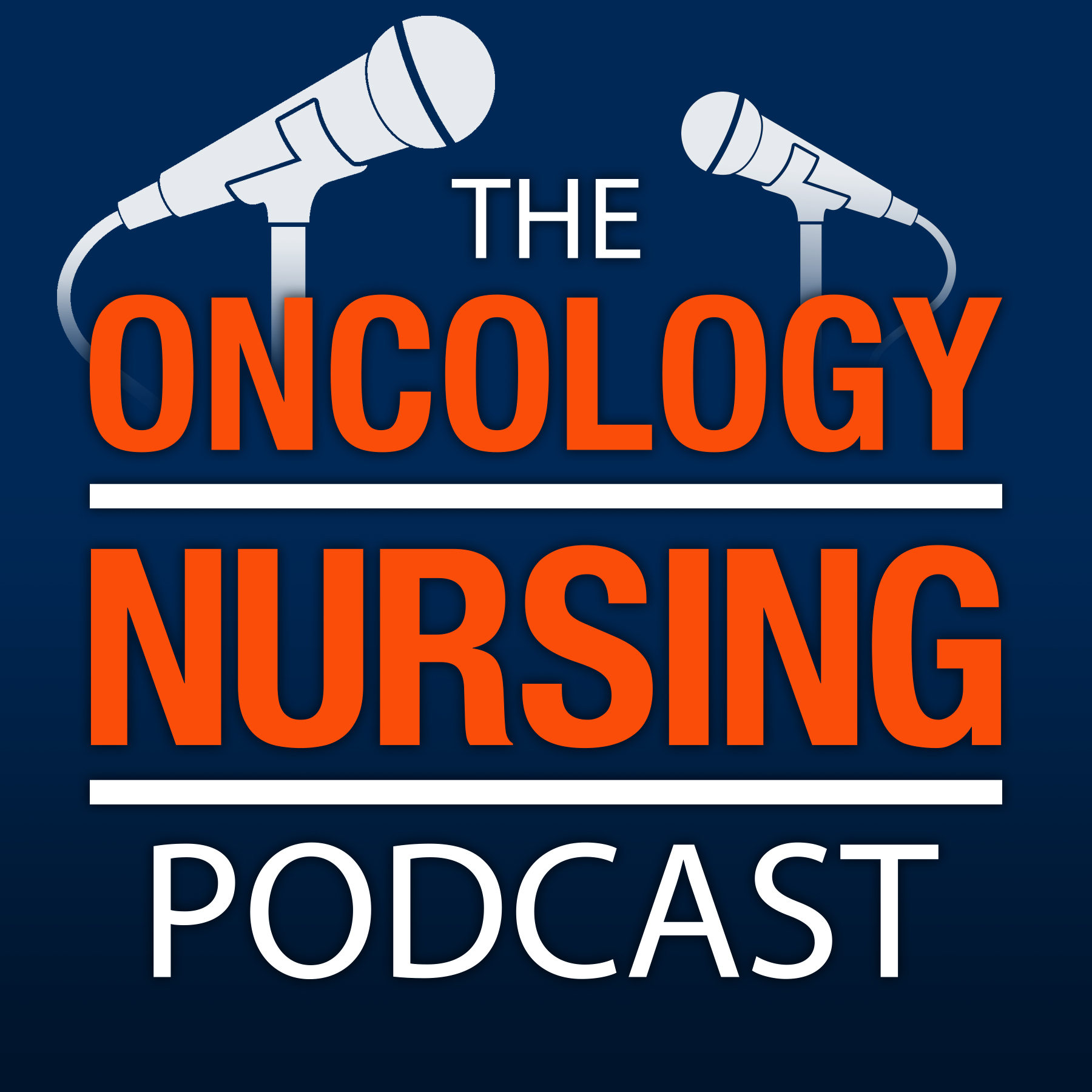
Episode 262: LGBTQ+ Inclusive Nursing Care Begins With Using Supportive Language

The Oncology Nursing Podcast
Shownotes Transcript
“Being an ally means you’re coming from a place where you know what issues are going on, you stay up to date about what’s happening in the world, and just because you don’t identify as part of the LGBTQIA+ community, doesn’t mean that you can’t teach about what’s going on,” Beau Amaya, MSN, RN, OCN®, associate director of patient and caregiver education at Memorial Sloan Kettering Cancer Center in New York, NY, told Jaime Weimer, MSN, RN, AGCNS-BS, AOCNS®, oncology clinical specialist at ONS. Amaya discussed the nursing considerations when caring for LGBTQ+ patients with cancer. You can earn free NCPD contact hours after listening to this episode and completing the evaluation linked below. Music Credit: “Fireflies and Stardust)” by Kevin MacLeod Licensed under Creative Commons by Attribution 3.0 Earn 0.75 contact hours of nursing continuing professional development (NCPD) by listening to the full recording and completing an evaluation at myoutcomes.ons.org) by June 2, 2025. The planners and faculty for this episode have no relevant financial relationships with ineligible companies to disclose. ONS is accredited as a provider of NCPD by the American Nurses Credentialing Center’s Commission on Accreditation. Learning outcome: The learner will report an increase in knowledge related to caring for patients with cancer in the LGBTQIA+ community. Episode Notes
Complete this evaluation for free NCPD). Oncology Nursing Podcast episodes: Episode 75: LGBTQ+ Patients Face Significant Barriers to Successful Cancer Care) Episode 211: Apply the LGBTQIA+ Lived Experience to Your Patient Interactions)
ONS Voice articles: Cultural Competence Training Promotes Safe and Inclusive LGBTQ+ Patient Care) Transgender Patient Populations: Inclusive Care Involves Listening and Communicating) Transgender Patients, Deadnaming, and Patient Identification) Put Underserved Populations at the Forefront of the Sexual Health Conversation) The Case of the Transgender Considerations for Cancer Screening) Nurses Can Provide Safe Spaces for LGBTQ Patients With Cancer)
Clinical Journal of Oncology Nursing articles: Addressing Cultural Competency: Lesbian, Gay, Bisexual, Transgender, and Queer Cancer Care) Care Considerations for the LGBTQ+ Patient With Cancer)
ONS Implicit Bias Huddle Card™) Fenway Institute) Gallup: U.S. LGBT Identification Steady at 7.2%) GLMA: Health Professionals Advancing LGBTQ+ Equality) Human Rights Campaign: Healthcare Equality Index 2022) National LGBTQIA+ Health Education Center) Safe Zone Project)
To discuss the information in this episode with other oncology nurses, visit the ONS Communities). To provide feedback or otherwise reach ONS about the podcast, email [email protected]). Highlights From Today’s Episode “Sexual orientation and gender identify data is important because it really tells you the history and what’s going on with the patient. Some patients may identify as a woman, but their sex assigned at birth may be male. The patient may be presenting as a trans woman or as a woman. You’re not seeing their full health history because you may not know all of the different information about them. So, sex assigned at birth is really important to know really the full medical history and what the patient is really needing to be cared for.” Timestamp (TS) 05:10 “It is not the community’s duty to gain the trust from the providers. It is our duty as providers to make a safe space so patients can come to us to get care. When you have mistrust and fear of going to healthcare providers, it’s not going to do well for the community. They’re not going to get screened; they’re not going to get diagnosed early. They’re just going to have poor outcomes.” TS 14:16 “We’re the most trusted profession), and patients really get in tune with us. If they feel safe with the nurse, they really start to feel safe within the healthcare system, and you can really tackle a lot of the feelings and worry the patient has by just being there for the patient and by really acknowledging who they are, who their families are, who their caregivers are. And it’s something that is so powerful. As nurses, we sometimes forget that we have that power.” TS 16:00 “I have talked to many people, and they feel, ‘I can’t do a Safe Zone training. I can’t talk about LGBTQ issues because I’m not part of the community.’ And I always combat that and say, ‘Well, I don’t have cancer. I have never experienced that, but I teach about cancer. I take care of people with cancer.’ Being an ally means you’re coming from a place where you know what issues are going on, you stay up to date about what’s happening in the world, and just because you don’t identify as part of the LGBTQIA+ community, doesn’t mean that you can’t teach about what’s going on.” TS 26:32 “I wouldn’t make assumptions about people. And I think this goes for all people. This isn’t just an LGBTQ issue, this is a patient issue. . . . Don’t assume things about patients. Ask about our patients, learn about our patients. Ask open-ended questions to really learn about people.” TS 30:10